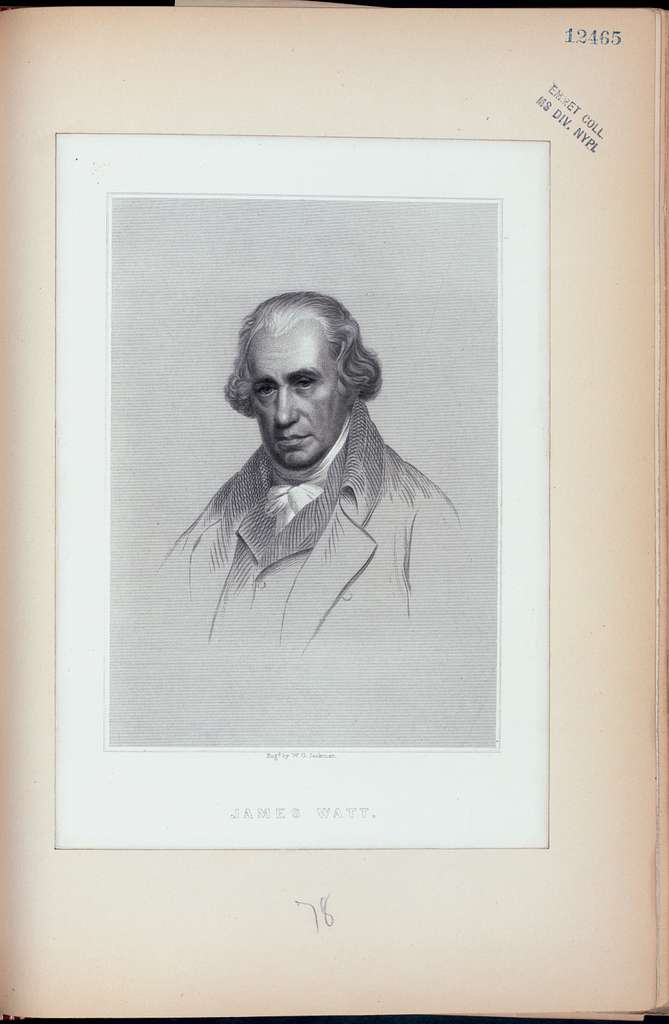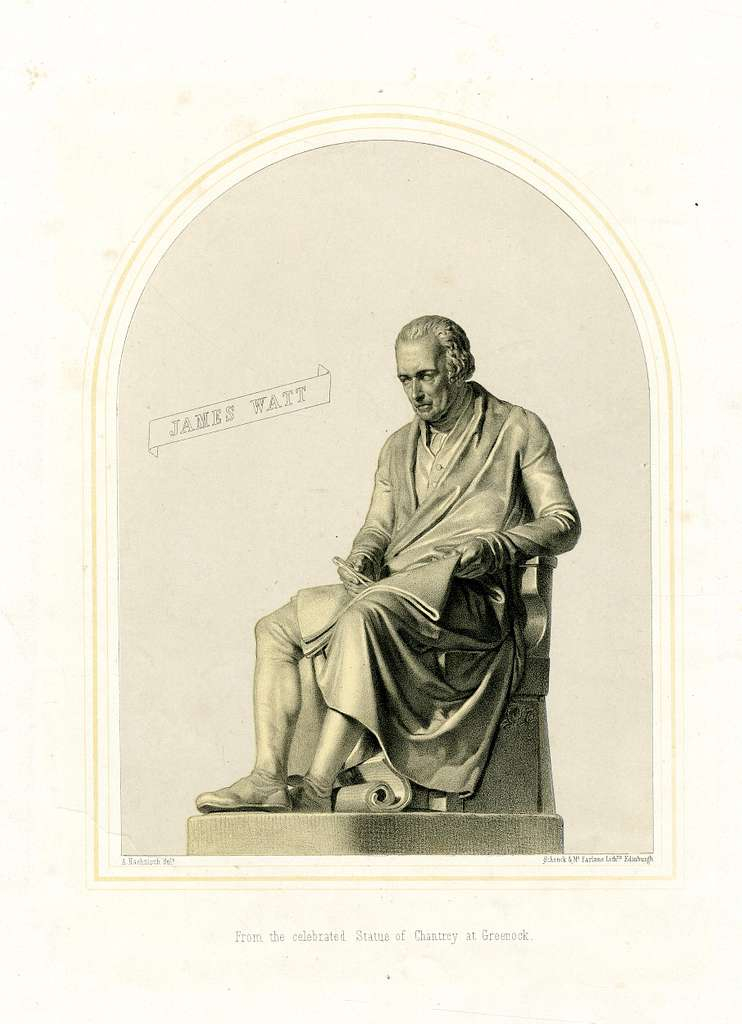James Watt
The Watt steam engine, created in 1776 by Scottish inventor, mechanical engineer, and chemist James Watt, was a key component of the Industrial Revolution that transformed both his home Great Britain and the rest of the globe. Watt improved on Thomas Newcomen's 1712 Newcomen steam engine.
Watt developed an interest in steam engine technology while working as an instrument maker at the University of Glasgow. He understood that by constantly chilling and reheating the cylinder, modern engine designs lost a significant amount of energy. The separate condenser, a design improvement made by Watt, prevented this energy wastage and significantly increased the power, efficacy, and affordability of steam engines. He eventually modified his engine to generate rotational motion, substantially expanding its application beyond water pumping.
Watt made an effort to sell his innovation but ran into serious financial problems until forming a collaboration with Matthew Boulton in 1775. Watt finally got wealthy and the new business of Boulton and Watt became very successful. Watt continued to create other innovations after retiring, although none were as significant as his work on the steam engine.
Born - Died: 1736-1819
Field: Invention, mechanical engineer, and chemical
Important contributions: improved on Thomas Newcomen's Newcomen steam engine's Newcomen steam engine















